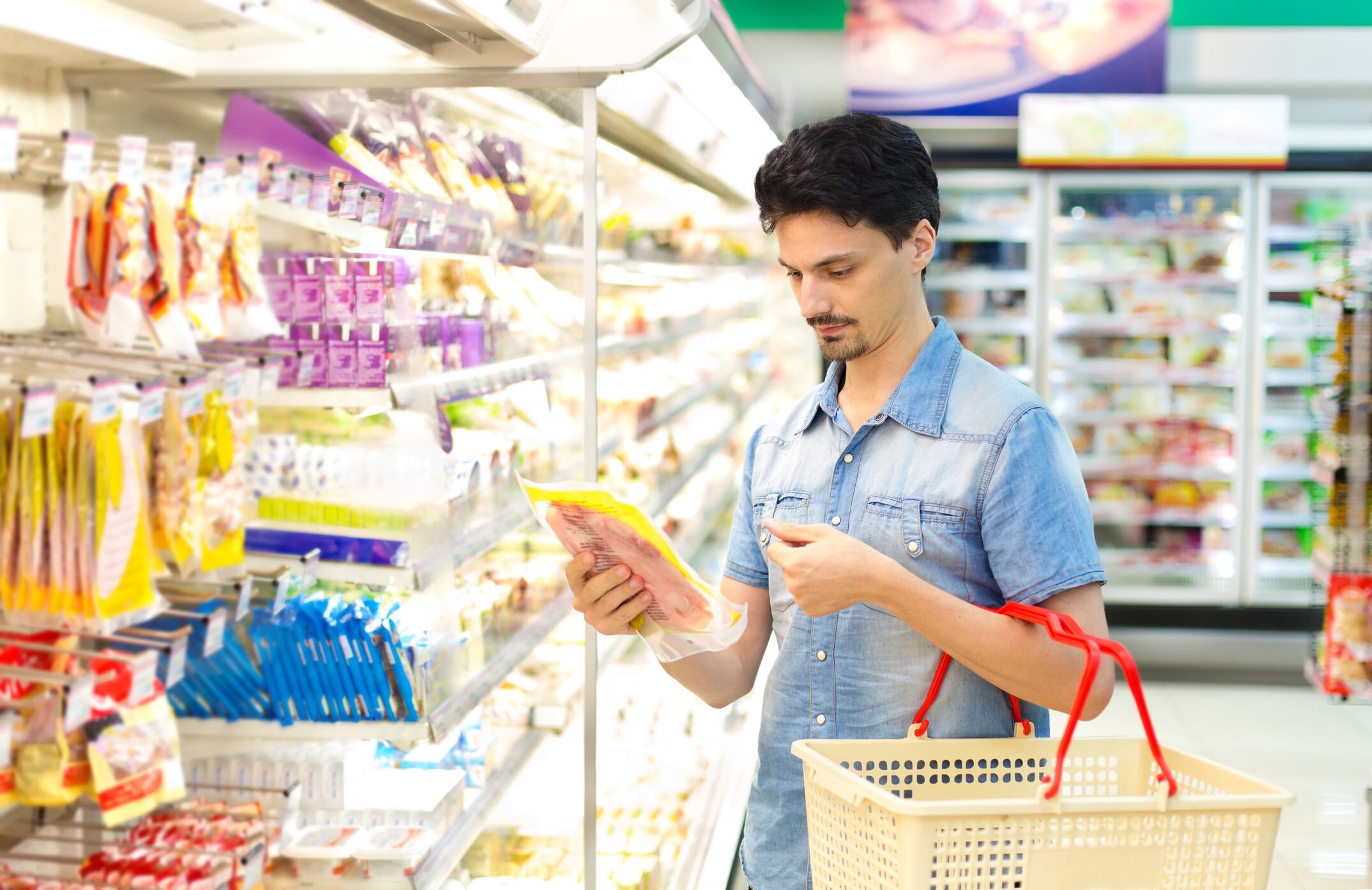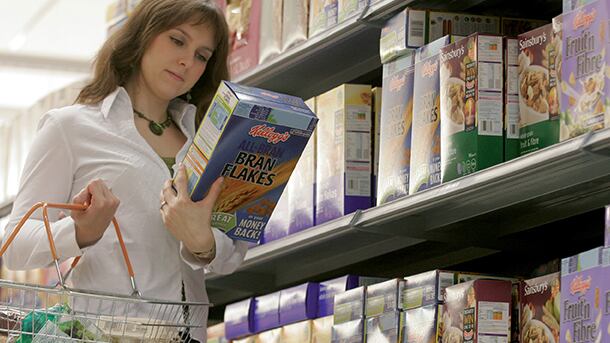Professor Robin May called for urgent collaboration between business, academia and government to work an internationally agreed set of standards for eco-labelling, or for what type of data should be measured.
“Transforming the food system into one that is fully sustainable relies on a unified approach to data sharing and food labelling that is both transparent and accurate,” he told ITV News.
"The eco-labelling of foods, for example, can enable consumers to compare the environmental footprint of different products and enable them to make choices about the impact this has on their diet.”
Shared ideology
May’s comments ahead of the second week of COP26 echoed those of Department for Environment, Food and Rural Affairs’ chief scientific advisor, Gideon Henderson.
However, Henderson pointed out that – at this time – there was not a lot of evidence to suggest just how effective eco-labelling actually is.
While older generations may not be so swayed by environmental labels, Henderson believed there was potential for younger consumers to take these messages on board and allow them to influence their buying habits.
“It’s a bit like the Wild West though and it’s threatening to become insufficiently regulated,” Henderson added. “We need to get on top of this and work out how to certify and how to have a unified system for environmental labelling for food stuffs.”
Visibility of labels online
Henderson also highlighted the challenge presented by online shopping – if a consumer doesn’t go to the store for their food, there is little change they will even see eco-labels on their products before they buy them.
May added: “With many large food businesses already developing their own ‘in-house’ sustainability labelling schemes, there is an even greater need for consistency to reduce the risk of misinformation and consumer confusion.
“If we act swiftly and decisively to create an overarching system underpinned by transparent, auditable metrics, we will be able to set the food system on the fast track to sustainability. Consumer choice would be enhanced, businesses incentivised to ensure sustainable production systems and food manufacturing encouraged to invest in innovative, carbon-neutral technologies.”
Meanwhile, a voluntary e-label scheme has been developed by European wine and spirits trade bodies Comité Européen des Entreprises Vins and Spirits Europe enabling wine and spirit producers to communicate nutritional, calorie and allergen information via QR codes. Richard Horwell – owner of Brand Relations – is sceptical.





